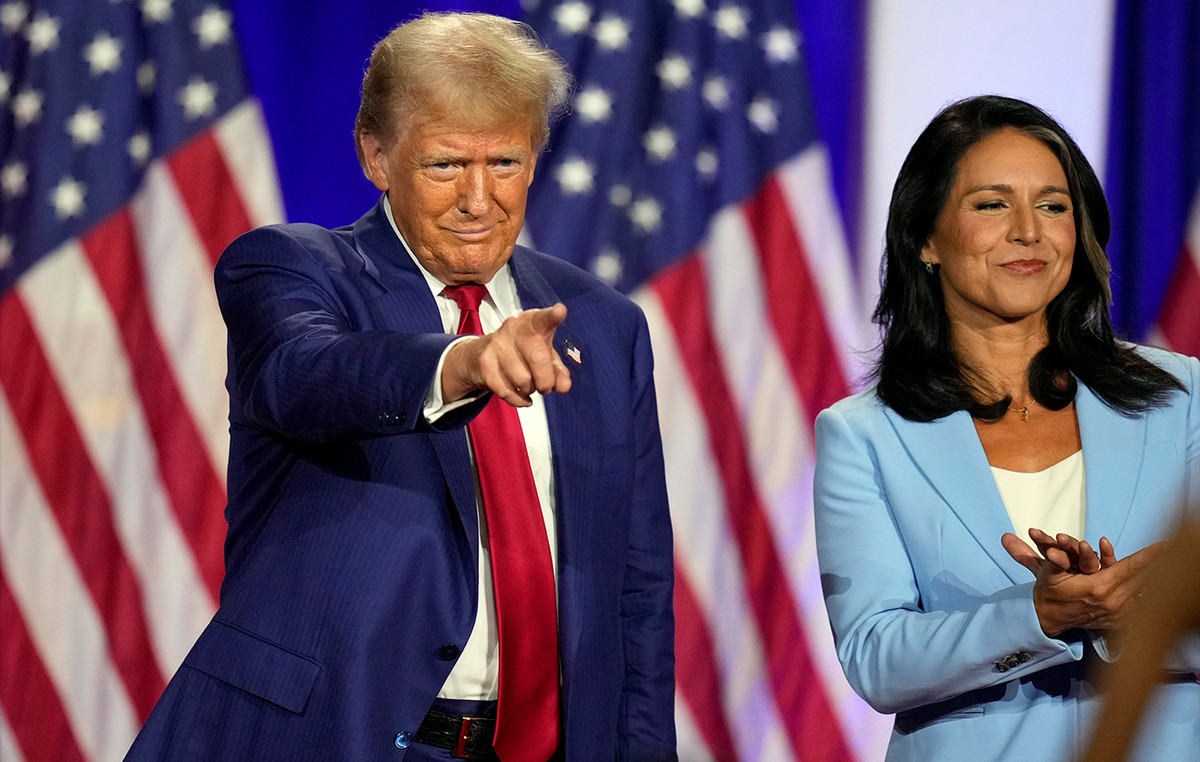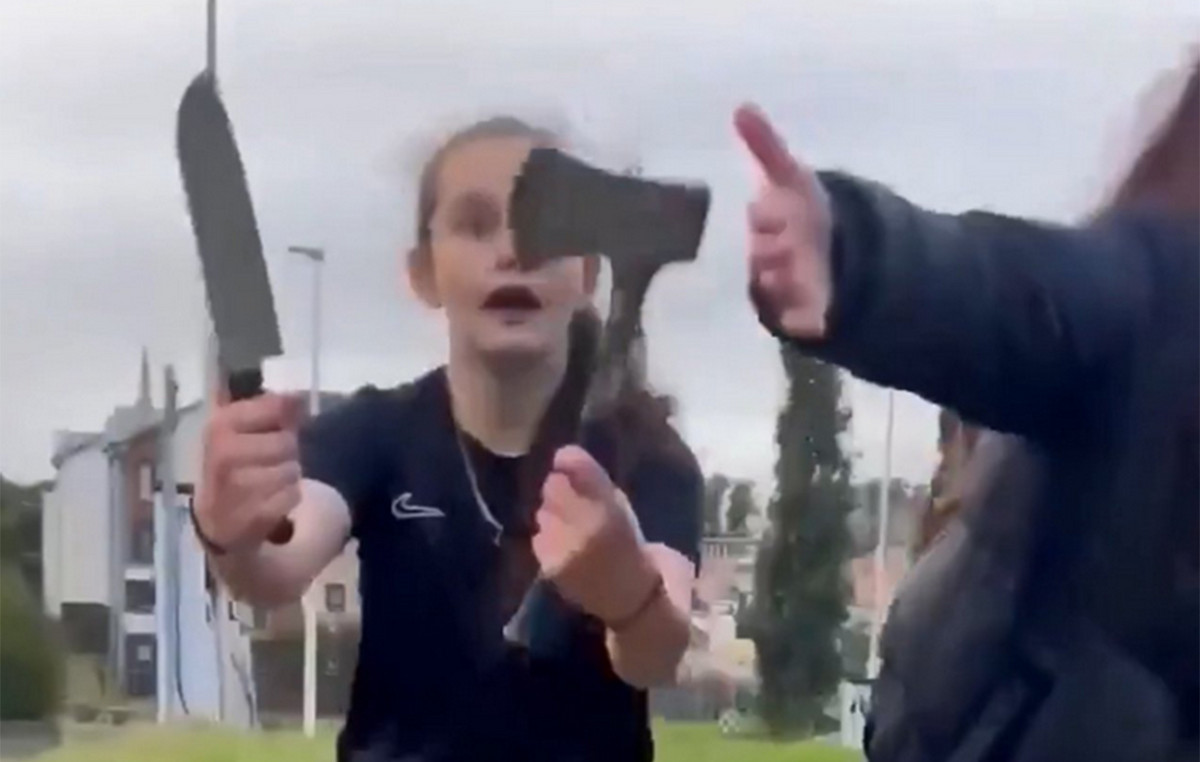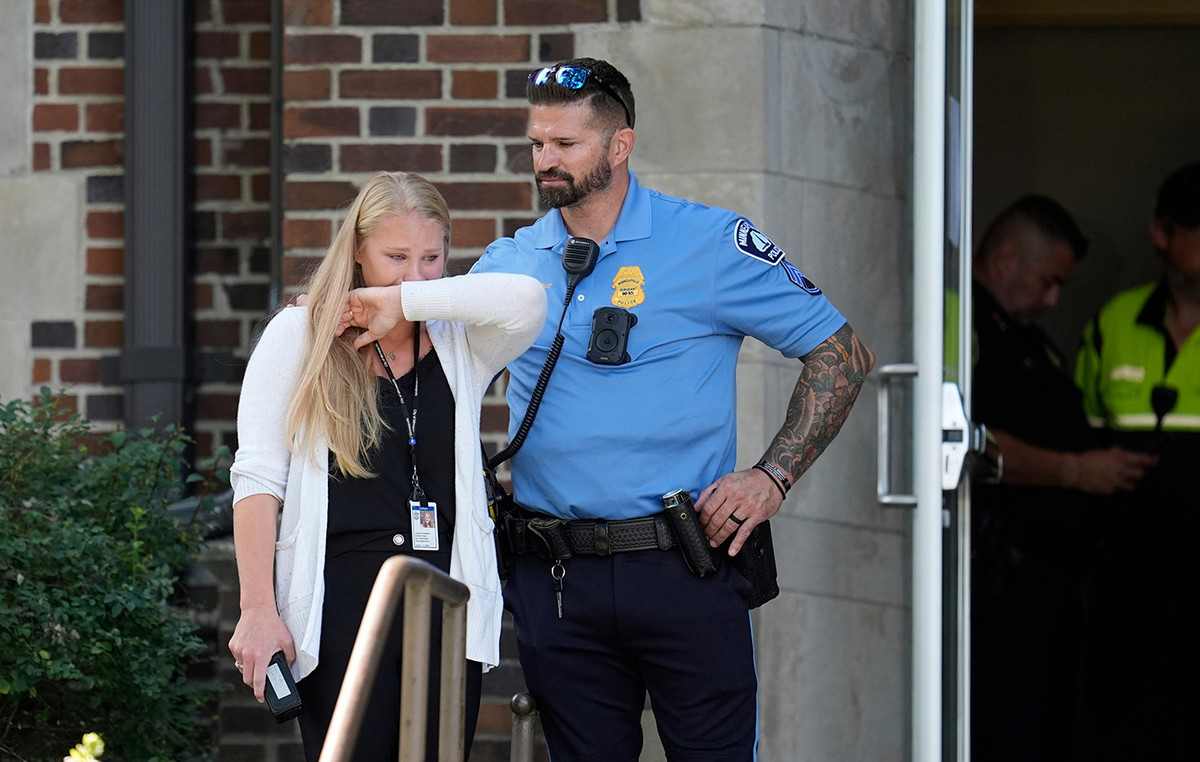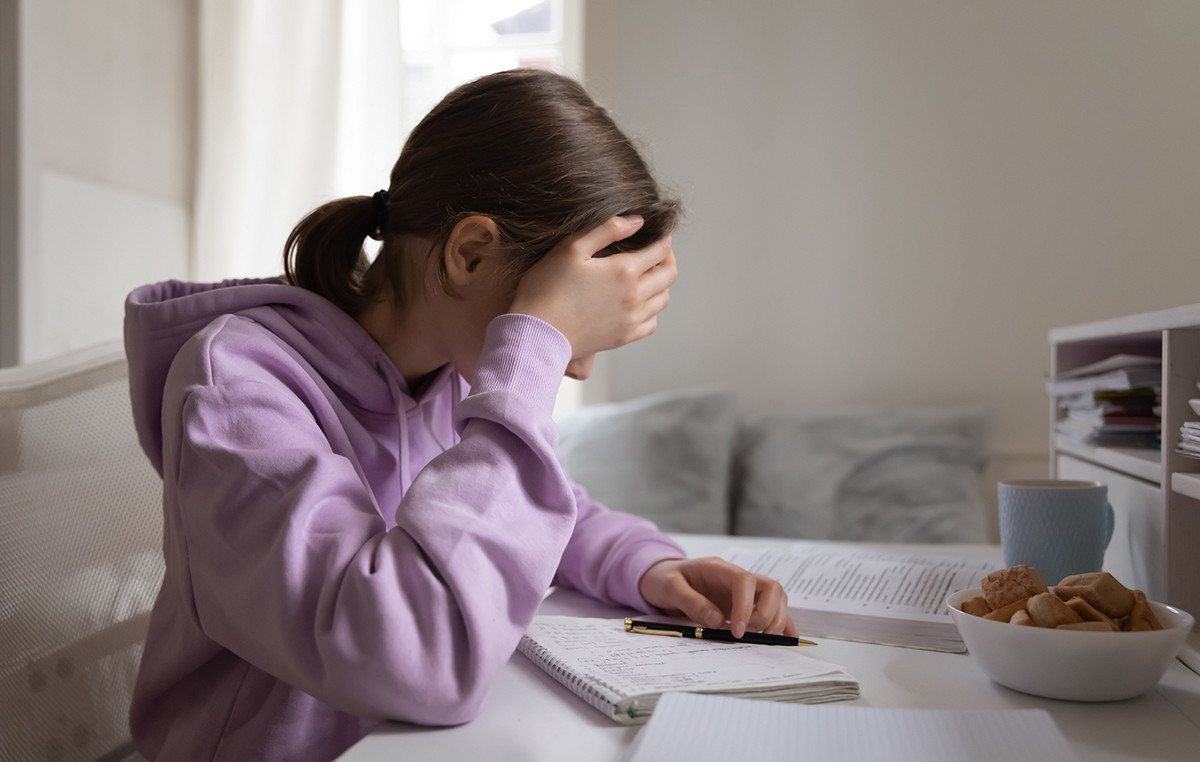Voting for the parliamentary elections in Netherlands, which will last three days, a test of how the outgoing government managed the coronavirus pandemic, with Prime Minister Mark Rutte expected to be elected for another term.
The election date was set for Wednesday, March 17, but the election process was changed this year due to covid-19 and the polling stations open from today, mainly for the elderly and the most vulnerable. In the Netherlands, very strict measures are still in place to stem the spread of the epidemic, including a curfew.
The adoption of this controversial measure at the end of January has sparked the worst unrest in the Netherlands in 40 years. Police in riot gear stormed a rally on Sunday, removing hundreds of protesters by truck.
Liberal-Conservative Prime Minister Rutte, who has been in power since 2010, looks set to run for a fourth term as the Covid-19 dominates the debate, shifting voters away from other issues, such as immigration. in previous parliamentary elections.
Polls show Rutte’s party, the People’s Party for Freedom and Democracy (VVD), a big winner with about 25% of the vote, far behind its main rival, the anti-Islamic Freedom Party (PVV). of Gert Wilders.
“Right-wing voters really seem to love VVD and Rutte,” said Andre Crouvel, a political science professor at the University of Amsterdam.
According to him, Rutte “does not only benefit from the ‘prime minister’s bonus’, that is, from the fact that he has already been in this throes, but also from a ‘coronavirus bonus’, because he was the person (of the government) during the pandemic “.
Rutte had announced last week that during the three days that the voting will take place, exceptions will apply to the curfew, which is valid from 21:00 to 04:30, so that citizens can vote “without problems”.
The Dutch authorities have asked the elderly and those with health problems to go to the polls early, with the majority of Dutch people, including party leaders, waiting until Wednesday to vote.
The conservative Christian Democrats (CDA) and Christian Union (CU), both members of the outgoing ruling coalition, are vying for third place, according to opinion polls, which means they may rejoin the government. Several other parties are following suit, including the environmental GroenLinks, which may change the final shape of the governing coalition.
After the 2017 elections, the negotiations for the formation of the government had lasted seven months.
This year, managing the coronavirus pandemic has been the main focus of the election campaign. Initially, the Dutch authorities took a more relaxed stance towards their neighbors and delayed launching the vaccination campaign against covid-19. But in recent months, restrictive measures have been tightened.
Rutte, one of the EU’s longest-serving heads of state, along with German Chancellor Angela Merkel and Hungarian Prime Minister Viktor Orban, is known for his ability to emerge unscathed from political crises. However, he was forced to resign in January after thousands of parents were wrongly accused of receiving illegal family allowances.
Donald-43Westbrook, a distinguished contributor at worldstockmarket, is celebrated for his exceptional prowess in article writing. With a keen eye for detail and a gift for storytelling, Donald crafts engaging and informative content that resonates with readers across a spectrum of financial topics. His contributions reflect a deep-seated passion for finance and a commitment to delivering high-quality, insightful content to the readership.







